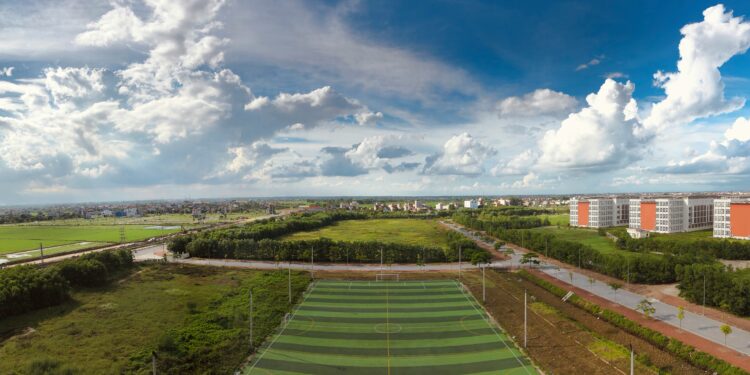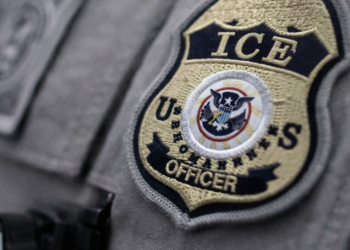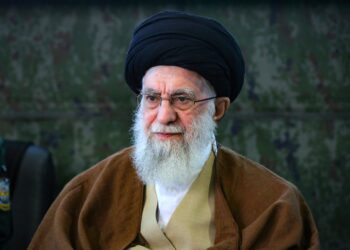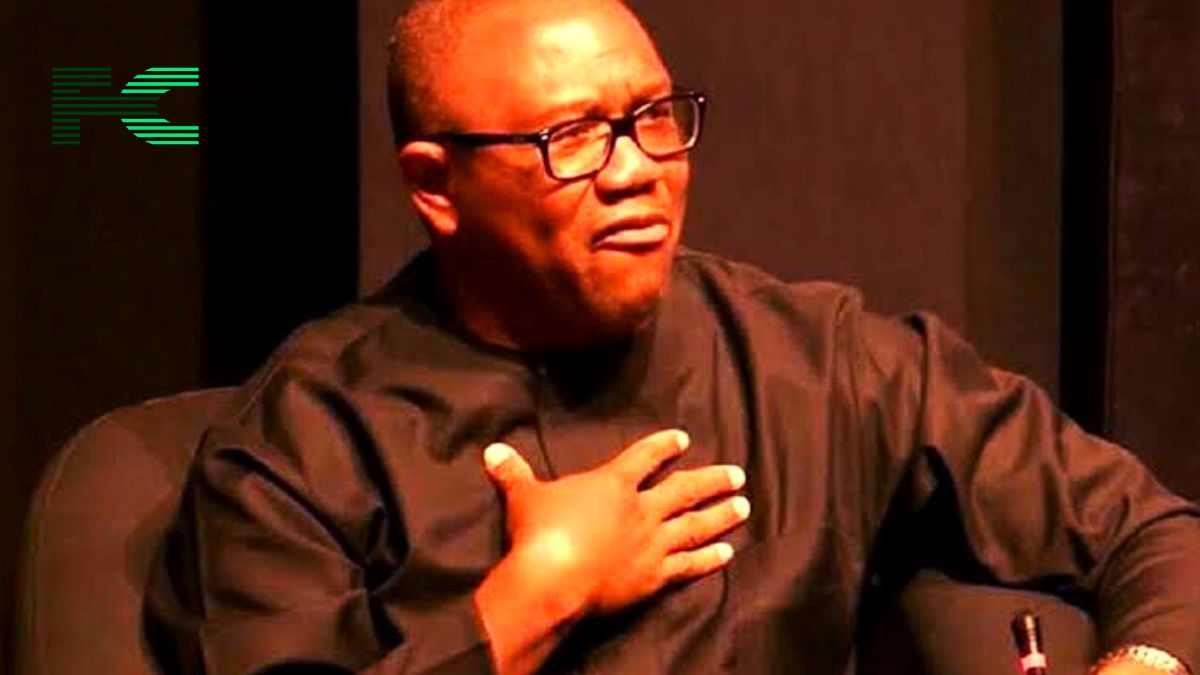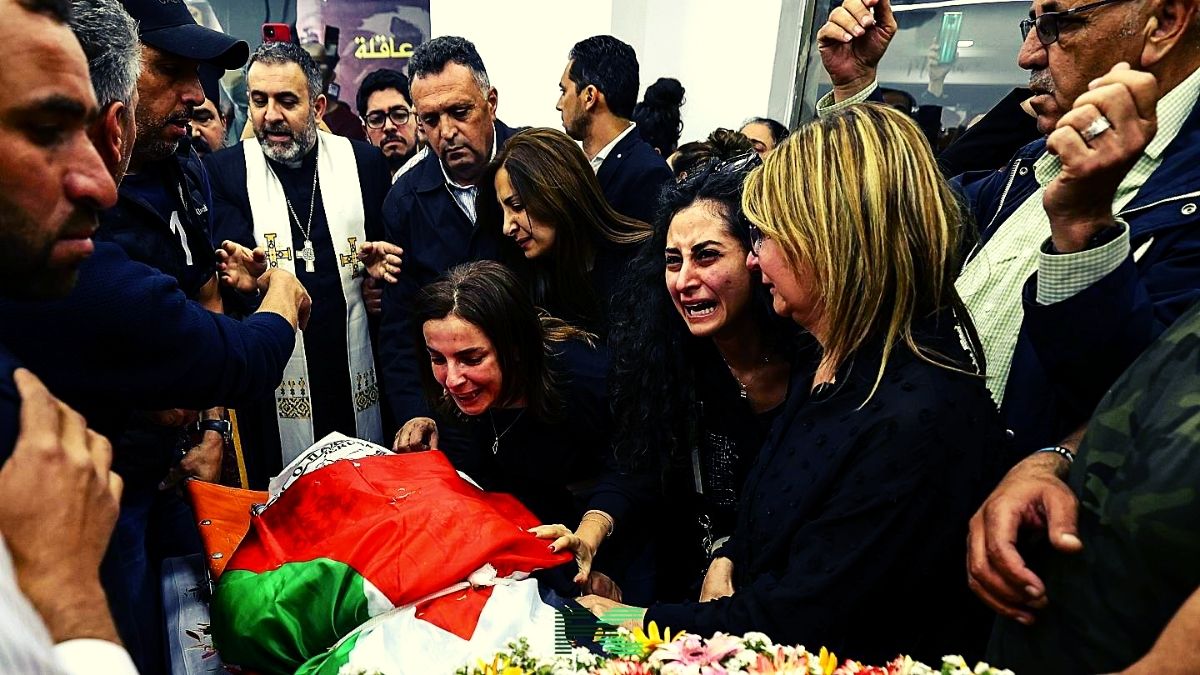On Saturday, a rocket attack targeted a football ground in the Golan Heights, an Israeli-annexed territory, resulting in the deaths of ten people, including children, and leaving many others injured. The Golan Heights, captured from Syria during the Six-Day War in 1967 and annexed by Israel in 1981, remains a contentious area with Syria continuing to demand its return.
Hezbollah Denies Responsibility
Israel has accused Hezbollah of carrying out the attack and is preparing a response. However, Hezbollah has denied any involvement, asserting in a statement that “The Islamic Resistance has absolutely nothing to do with the incident and categorically denies all false allegations in this regard.”
Escalating Tensions
The attack comes amid escalating tensions between Iran-backed Hezbollah and Israel, particularly along the Lebanese-Israeli border. The conflict intensified after an Israeli strike in southern Lebanon killed four militants on Saturday, with at least one reportedly linked to Hezbollah. The Israeli military claimed that its strike targeted a Hezbollah military structure after identifying a militant cell entering the building. In retaliation, at least 30 rockets were fired from Lebanon into Israel.
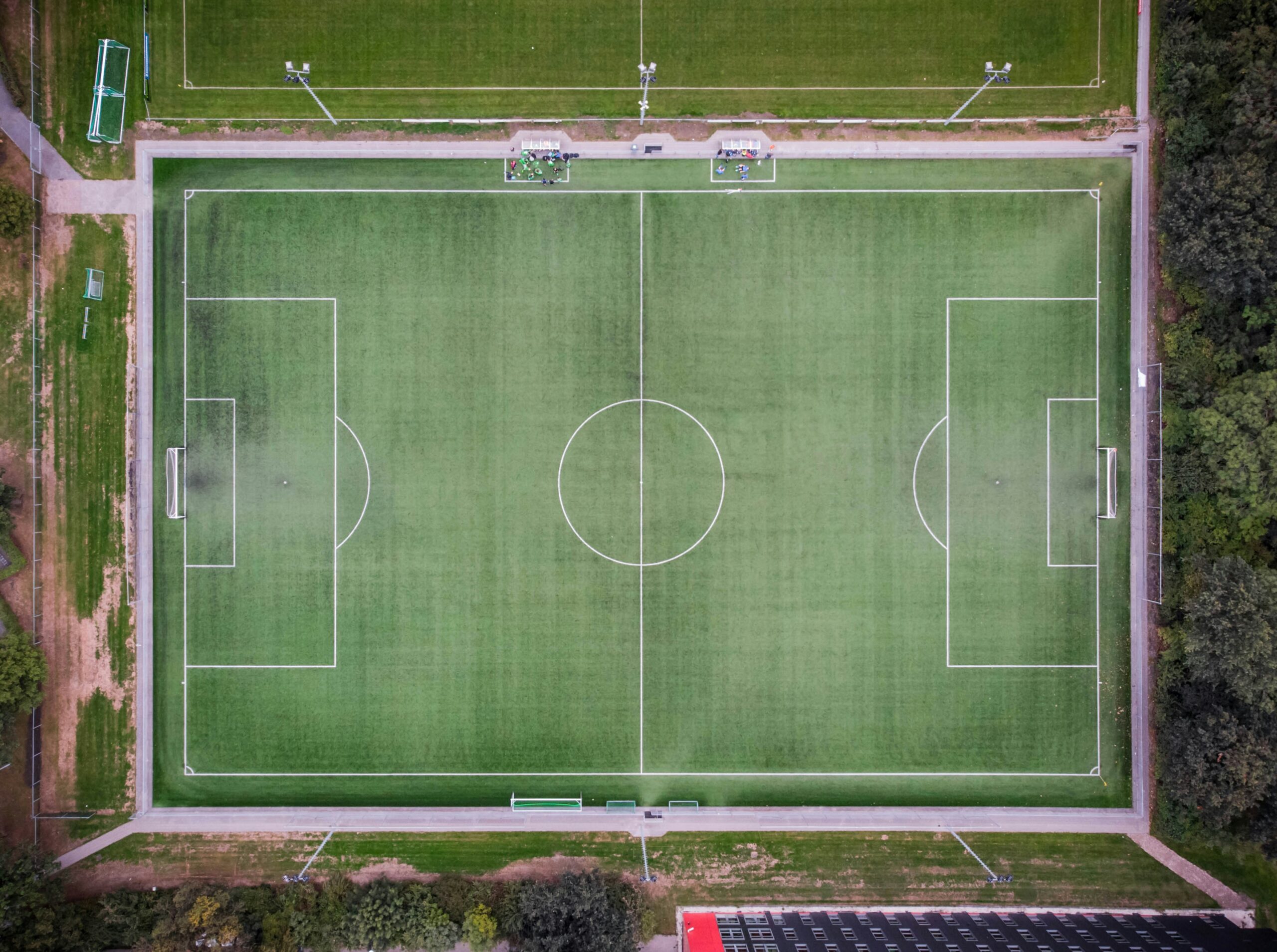
Implications and International Reactions
This rocket attack is the deadliest strike on Israeli-occupied territory since the start of the Gaza conflict. The situation is complicated by Hezbollah’s denial of responsibility, placing Israel in a challenging position.
A retaliatory strike against Hezbollah, despite their denial, could potentially escalate into a broader conflict, drawing criticism from the international community and risking further casualties. Israel must carefully assess the situation and provide clear evidence of Hezbollah’s involvement before taking any military action.

